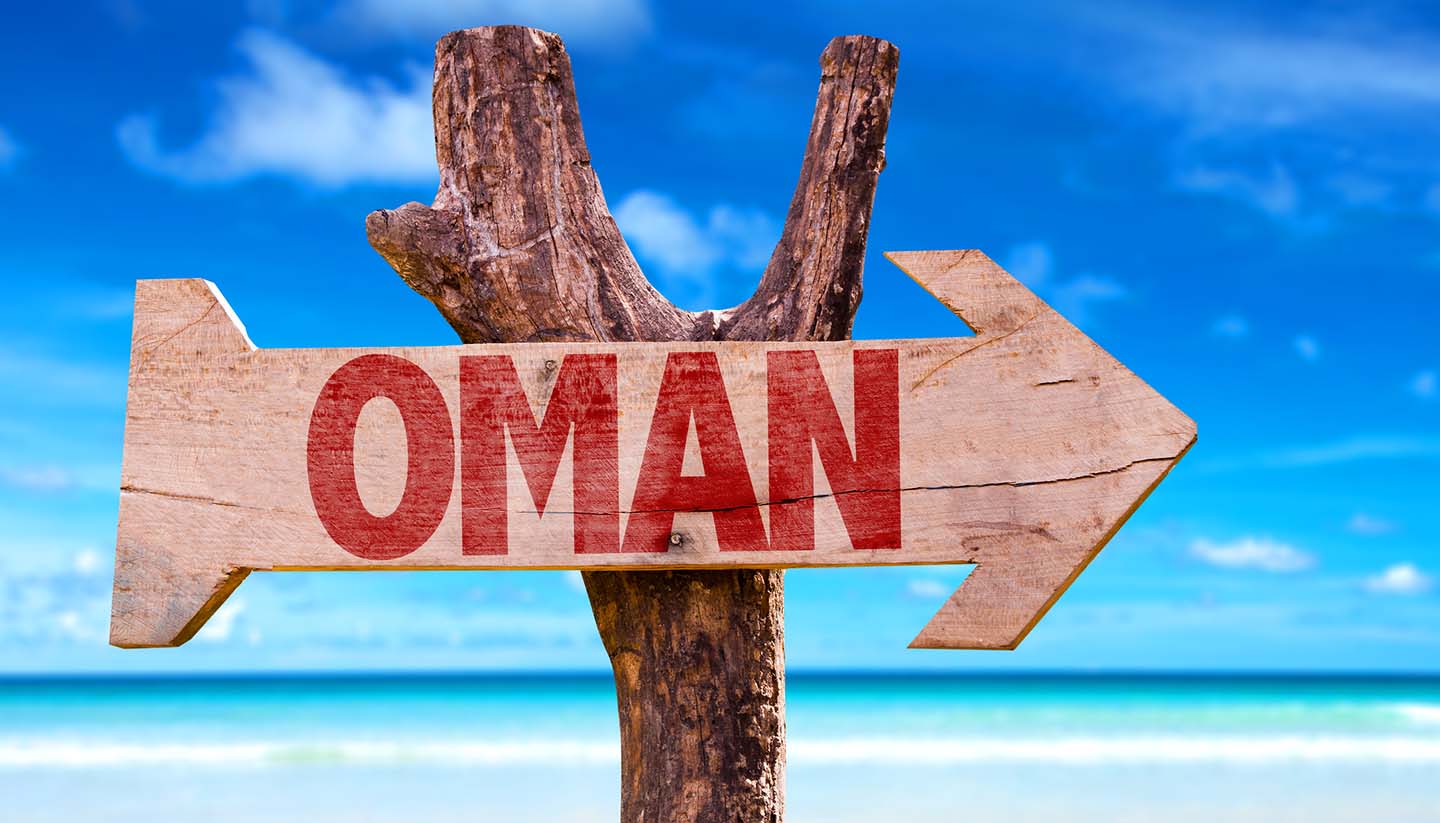Oman History, Language and Culture
History of Oman
The ancient history of Oman is steeped in mystery. Primitive men lived in this part of the Arabian Peninsula as early as 100,000 years ago, and the region was incorporated into the Persian Achaemenid Empire in the 6th century BC. With the birth of the Prophet Mohammed in the 7th century, Oman followed the lead of Persia and converted to Islam, leading to the rise of a string of Islamic dynasties.
In 1507, the sultans lost their prized possession of Muscat to Portuguese invaders, and while the colonial administration was fiercely resisted, and lasted little more than century, this period saw the construction of many of Oman’s famous fortresses. With the restoration of Islamic rule, Oman became a major trading empire, with colonies as far afield as central Africa and Zanzibar. The cornerstones of the Omani economy were the spice trade and slavery, which was only abolished in 1970.
Close ties have been maintained with the UK since 1798, when a treaty of friendship was signed. Oman became a British protectorate in 1891 and Britain continued to play a guiding role in the politics of Oman through to the 1950s, when the nation gained its independence. In 1913, Oman was split in two, with the coast ruled by the sultan and the interior ruled by separate religious leaders, but the nation was reunited in 1959.
Since the accession of Sultan Qaboos bin Said Al Said in a bloodless coup in 1970, Oman has undergone significant political, economic and industrial reform, particularly in industry, communications, transport and education. Ahead of most surrounding nations in the Gulf, women gained the vote for local majlis (councils) in 1997, and universal suffrage was introduced in 2002.
Today, the sultan remains the head of state and head of government but he is advised by an elected council of ministers, which acts as a cabinet. Oil forms a major part of the nation’s considerable wealth, and thanks to its long history cooperation with Europe, Oman plays an important role in promoting regional stability. However, there has been local opposition to the continued power of the ruling clan, and the use of Oman as staging post for Western military operations in the region.
Did you know?
• Oman is one of the world’s oldest producers of Frankincense, an aromatic resin that has been used as a perfume since Biblical times.
• The first horse in Arabia is said to have been kept by the Uzd tribe of Oman; all Arabic racehorses are said to be its descendants.
• Oman was one of the last countries in the world to abolish slavery, in 1970.
Oman Culture
Religion in Oman
Predominantly Muslim, including Shi'ite Muslim, Sunni Muslim and the Ibadi strand of Islam, the latter practised by 60% of the population (the only country in the world to do so). There are facilities for the worship of other religions. Around 13% of the population are Hindu.
Social Conventions in Oman
Shaking hands is the usual form of greeting. A small gift, either promoting your company or country, is well received. Dignity and respect are key in Omani culture and public criticisms are rare. As far as dress is concerned, it is important that women dress modestly beyond the hotel grounds, ie long skirts or dresses (below the knee) with covered shoulders; men should wear trousers and shirts with sleeves. Tight-fitting clothes should be restricted to hotel restaurants to avoid giving offence, although this is not strictly followed by some Westerners. Shorts should not be worn in public and beachwear is prohibited anywhere except the beach. Collecting seashells, abalone, corals, crayfish and turtle eggs is also prohibited. Dumping litter is forbidden. It is polite not to smoke in public, but generally no-smoking signs are posted where appropriate; smoking is banned in public places in Muscat. Homosexual behaviour is illegal.
Photography: Visitors should ask permission before attempting to photograph people or their property. 'No Photography' signs exist in certain places and must be observed.
Language in Oman
Arabic is the official language. English is widely spoken. Swahili is also spoken by Omani descendents from East Africa. German and French are spoken by some hotel staff while Urdu, Farsi, Hindi and Tagalog are widely spoken by Oman's large expatriate workforce.


